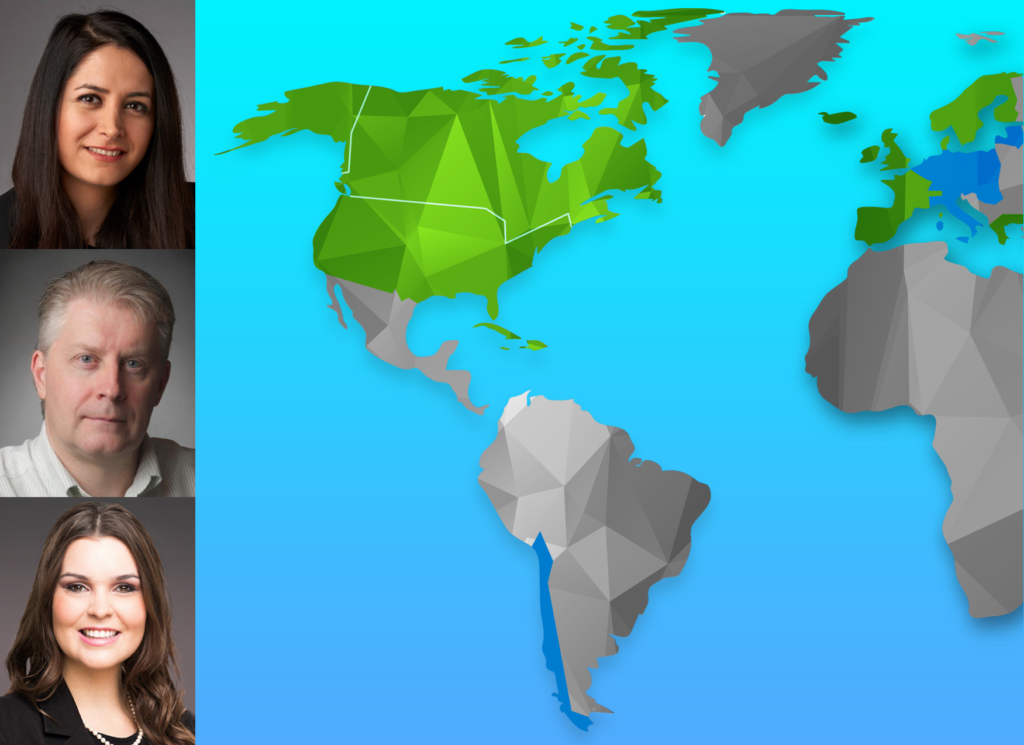
Study reveals Canada as a world leader in environmental performance
Mike Edwards
News Study authors: Elmira Aliakbari (top), Senior Economist at the Fraser Institute; Ross McKitrick, professor of Economics and CBE Fellow in Sustainable Commerce at the University of Guelph; and, Ashley Stedman, policy analyst at the Centre for Natural Resources.
Study authors: Elmira Aliakbari (top), Senior Economist at the Fraser Institute; Ross McKitrick, professor of Economics and CBE Fellow in Sustainable Commerce at the University of Guelph; and, Ashley Stedman, policy analyst at the Centre for Natural Resources. Canada’s environmental record outperforms a majority of comparable high-income countries around the world, finds a new study released today by the Fraser Institute, an independent, non-partisan Canadian policy think-tank.
The Fraser Institute study, Environmental Ranking for Canada and the OECD, ranks 33 high-income countries in the Organization for Economic Co-operation and Development (OECD) on a wide range of environmental indicators that relate both to the protection of human health, such as air pollution, and the preservation of Canada’s ecosystems, such as water quality.
Canada ranks 12th overall with a score of 67 out of a possible 100.0 — above the OECD average (62.2). Notably, many of the top ranked countries are clustered closely together. For example, Canada and 2nd place New Zealand (which scored 74.7) are less than eight points apart. Sweden ranks 1st with a score of 80.
On some important measures, Canada ranks particularly high, including 1st and 4th best on two separate air quality measures, 4th best in fertilizer use and 8th best for low-emitting electricity production.
These results are especially impressive considering that, compared to the other OECD countries, Canada is much larger and colder (which means more fuel consumption and emissions) and has a large natural resources industry.
Authors of the study are Elmira Aliakbari, senior economist at the Fraser Institute; Ross McKitrick, professor of Economics and CBE Fellow in Sustainable Commerce at the University of Guelph; and, Ashley Stedman, policy analyst at the Centre for Natural Resources.
The Fraser Institute is an independent Canadian public policy research and educational organization with offices in Vancouver, Calgary, Toronto and Montreal and ties to a global network of think-tanks in 87 countries.
Print this page